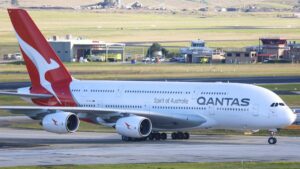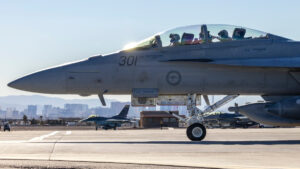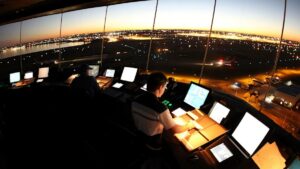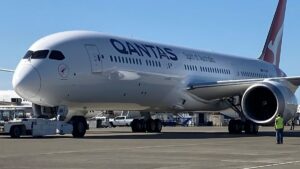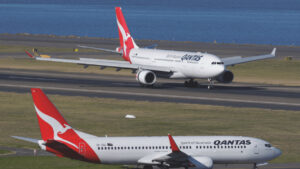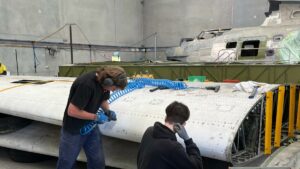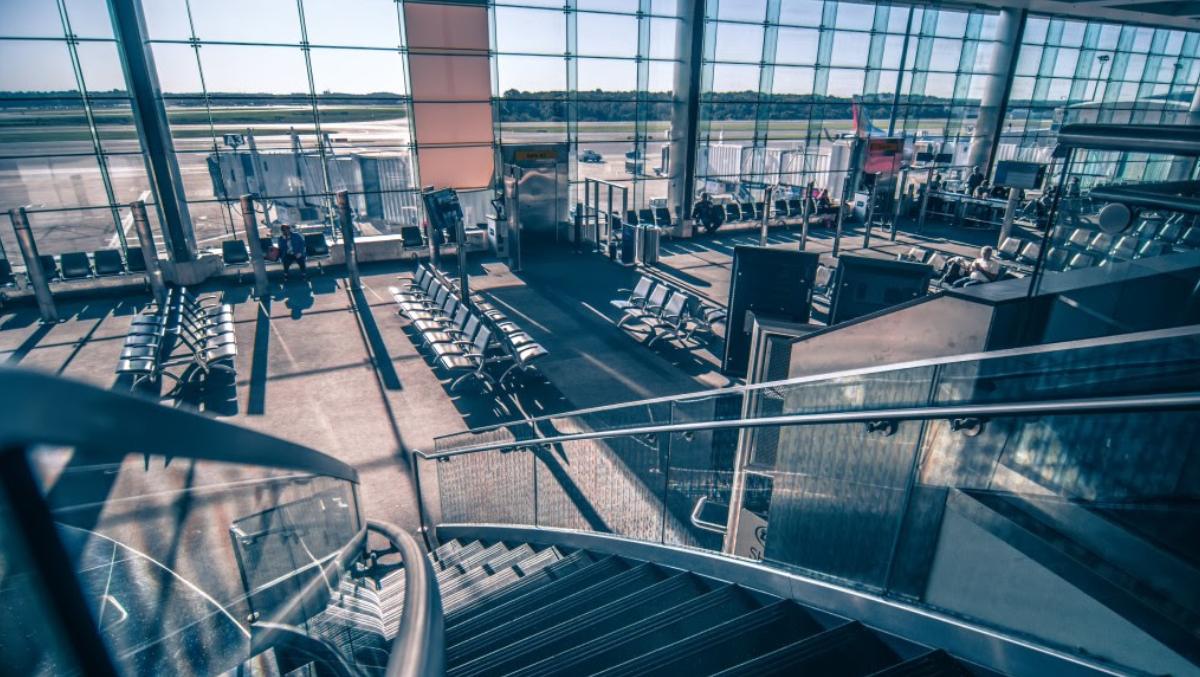
The Disability Royal Commission has called for both airlines and airports to improve the treatment of passengers with disabilities.
Following a range of submissions reporting the terrible treatment of passengers with disabilities, the Royal Commission has contacted chief executives for both airports and airlines in writing, demanding improvements be made.
The Royal Commission held two workshops in November last year with representatives from disability organisations and famous individuals with disabilities attending.
Submissions and reports from the workshops cited cases of travellers being discriminated against in multiple ways, according to Royal Commission chair and former federal court judge Ronald Sackville.
“The experiences of people with disability include damage to wheelchairs not rectified by airlines, being dropped on the floor because the hoist that accommodates wheelchairs is not used correctly, limited access to safe ramps and discrimination against people who rely on assistance dogs,” he said.
Sackville has requested that airlines and airports make changes to make the travel experience a more inclusive one.
“The Royal Commission’s terms of reference require us to investigate how Australia can promote a more inclusive society for people with disability,” says Sackville in the letter.
PROMOTED CONTENT
“The letters summarise the views expressed by people with disability at the workshops. The summaries are not findings or authoritative statements by the Royal Commission, but they indicate that people with disability often experience avoidable challenges when travelling by air and that more can be done by airlines and domestic airports to address those challenges.”
One such example of discrimination against travellers with disabilities occurred just late last year, when Finnish man Craig Nolan was kicked off a Qatar Airways flight from Melbourne because of his disability.
Nolan, who had alerted the airline that he was travelling solo as he has done for a long time, had to check in his wheelchair and use an aisle seat, which would require someone to push him. Staff lifted him onto the plane and into the aisle seat.
Once on board, Nolan told staff that he would need help getting to and from the bathroom now that he was in the aisle chair.
The airline responded by telling him that he had to leave the flight.
“Had they listened they would have realised I only needed help to be pushed from my chair to the toilet, which is part of their job description. I wasn’t asking for help in the plane or in the bathroom,” said Nolan.
Whilst Melbourne airport initially put him in a hotel, Nolan’s troubles weren’t over. After he requested a refund, Qatar airways responded by saying there were going to deduct $400 from the refund, as Nolan was listed as a “no show” in its system.
The treatment of people with disabilities, such as how Qatar handled Nolan, is exactly what the commission is requesting be changed.
Responding to the letter, the Australian Airports Association’s chief executive James Goodwin said that the industry was working to fix these issues, having launched a number of initiatives.
“Airports continue to work with other parts of the industry – including government agencies that operate at airports — and stakeholders to share information so we can continue to promote inclusive and consistent practices,” he said.
Similarly, several airlines have said they are considering the issues raised.
Qantas and Jetstar said in a joint statement that they are “working hard to improve the experience for customers with accessibility needs.”
Similarly, Virgin said, “we know how important it is to ensure we make airline travel inclusive and accessible for all our guests.”
- SEO Powered Content & PR Distribution. Get Amplified Today.
- Platoblockchain. Web3 Metaverse Intelligence. Knowledge Amplified. Access Here.
- Source: https://australianaviation.com.au/2023/02/royal-commission-calls-for-airlines-to-end-discriminatory-behaviour-against-disabled-passengers/
- a
- access
- accessibility
- accessible
- According
- address
- After
- against
- agencies
- AIR
- airline
- Airlines
- airport
- Airports
- All
- and
- Assistance
- attending
- Australia
- Australian
- because
- being
- board
- called
- Calls
- cases
- Chair
- challenges
- Changes
- check
- chief
- cited
- commission
- considering
- consistent
- continue
- Court
- Craig
- Customers
- demanding
- description
- disabilities
- Disability
- Discrimination
- Dogs
- Domestic
- dropped
- ensure
- exactly
- example
- executive
- executives
- experience
- Experiences
- expressed
- Federal
- Fix
- flight
- Floor
- Former
- from
- getting
- going
- Government
- guests
- Hard
- having
- Held
- help
- hotel
- How
- HTTPS
- important
- improve
- improvements
- in
- include
- Including
- Inclusive
- indicate
- individuals
- industry
- information
- initially
- initiatives
- investigate
- issues
- IT
- Job
- joint
- judge
- Know
- Last
- Last Year
- Late
- launched
- Leave
- letter
- Lifted
- Limited
- limited access
- Listed
- Long
- long time
- made
- make
- man
- Melbourne
- more
- multiple
- Need
- needed
- needs
- November
- number
- occurred
- ONE
- operate
- Organisations
- Other
- part
- parts
- People
- plato
- Plato Data Intelligence
- PlatoData
- practices
- promote
- Push
- pushed
- put
- Qatar
- raised
- Ramps
- range
- rectified
- refund
- Reporting
- Reports
- Representatives
- requested
- require
- royal
- safe
- Said
- says
- several
- Share
- So
- Society
- Someone
- Staff
- stakeholders
- Statement
- statements
- Submissions
- such
- system
- terms
- The
- their
- time
- to
- Toilet
- travel
- treatment
- us
- use
- views
- Virgin
- ways
- What
- which
- WHO
- Work
- working
- Workshops
- would
- writing
- year
- zephyrnet

